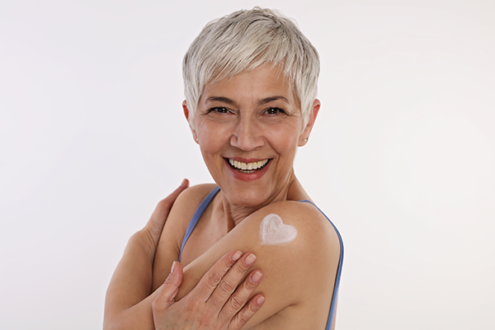Self-care is defined as any activity that we consciously undertake in order to nurture our mental, emotional and physical well-being. Although it’s a simple concept in theory, it’s something Pilates Instructors often overlook. The result can be fatigue, stress, anxiety or burnout. If most Pilates instructors described their job, they would say they give, give, give…but in order to keep giving, you have to put some energy into yourself. Let’s consider the three dimensions of well-being, so you can reflect on ways to care for yourself.
Mental Dimension:
When we look at the mental dimension of health, we can assess our condition by asking if we make time for activities that mentally stimulate us. As well, are we proactive in undertaking projects to keep us mentally healthy? This might be anything from taking a CEC to studying something completely unrelated to Pilates. When is the last time you enjoyed a book, watched a documentary, or learned something new?
Emotional Dimension:
When we are emotionally healthy, we have coping skills to deal with uncomfortable feelings. We know how express them in a skillful manner. You may process emotions with a loved one, friend or therapist. Or you might recharge and reconnect by taking a walk in nature or watching a sunrise. The important step is to first set aside time daily to check in and become aware of what you are feeling as well as how it is impacting all facets of your life.
R.A.I.N is a 4 step process that can assist you to cultivate greater mindfulness and emotional balance:
- Recognize what’s happening
- Allow life to be just as it is
- Investigate the inner experience
- Non-Identify
(You can learn more about this technique at mindful.org/tara-brach-mindfulness-practice/)
Physical Dimension:
Joseph Pilates understood the innate connection between mind and body. Physical well-being encompasses what you eat, how you exercise, and how much you sleep. It also involves taking charge of your health and making decisions that positively impact your health, such as seeking medical help when needed. Often instructors overload their schedule to the detriment of their own workouts—complaining that there just isn’t enough time to do their own practice, eat a decent meal, or get enough rest. Look at your schedule critically and assess if there is time for you to have a good lunch or dinner. Are you teaching a reasonable load that allows you to find time for your own workouts and stay excited about teaching? Are you getting enough sleep?
If you don’t feel fit mentally, emotionally or physically, you can’t function optimally or enjoy life fully. Make a commitment to yourself. February is the month of love and that begins by taking care of yourself. So think in holistic terms and make a plan to address what needs to be done to fuel you mentally, emotionally and physically. Retreats are a great place to relax, renew, recharge, and reflect—but most of the impact will be made in small day-to-day changes.
This article was contributed by Zoey Trap M.S., Executive Director of Education and Training at Peak Pilates®.



